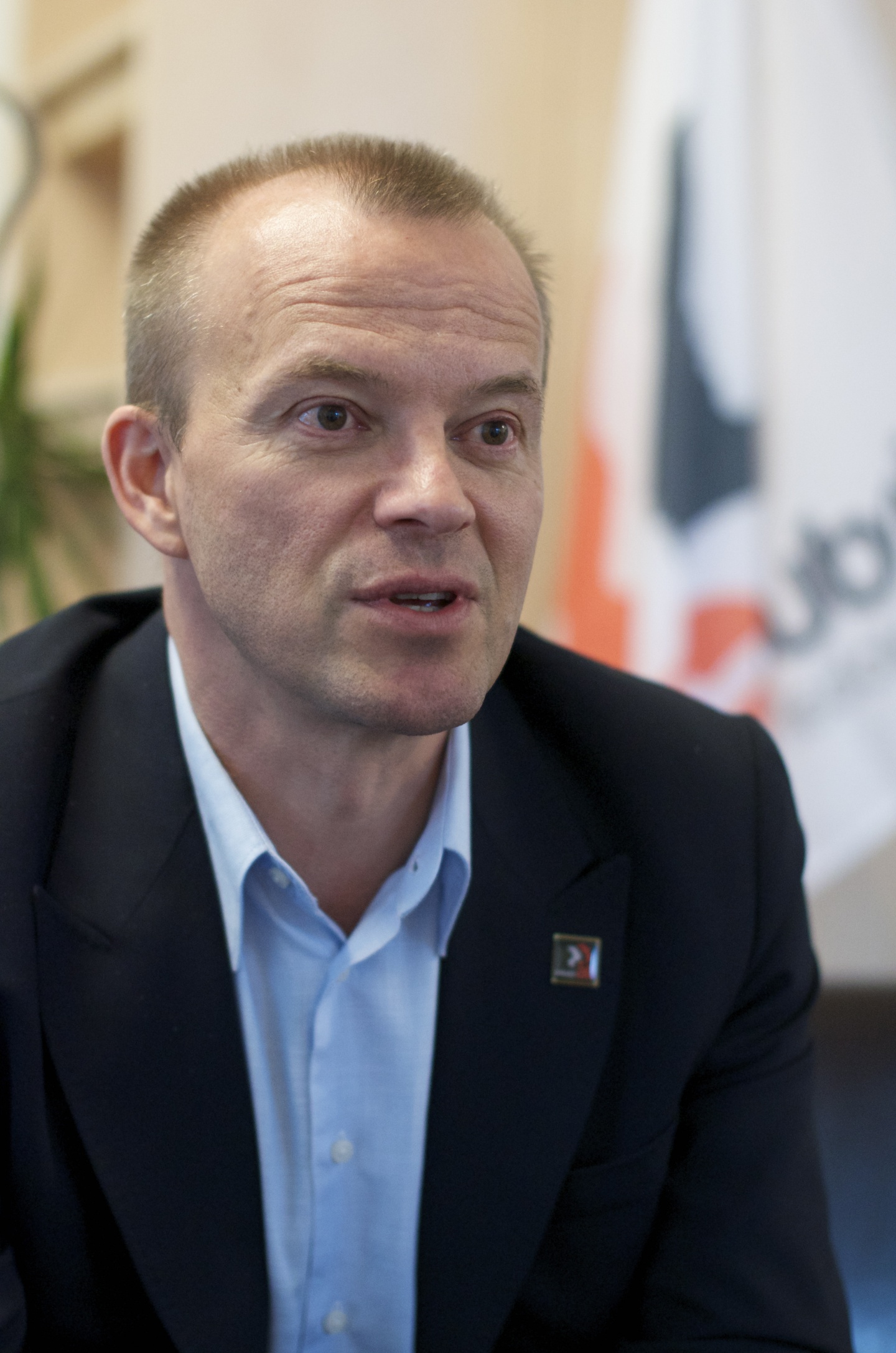28 November, 2013In Bangladesh, the Middle East and North Africa, as well as at Rio Tinto, IndustriALL Global Union is leading the struggle of workers for dignity and respect.
Jyrki Raina, IndustriALL General Secretary
We are determined to give all it takes to produce a profound change in Bangladesh.
Struggle for dignity
In Bangladesh, the Middle East and North Africa, as well as at Rio Tinto, IndustriALL Global Union is leading the struggle of workers for dignity and respect.
In April, the eight-storey Rana Plaza building collapsed near Dhaka in Bangladesh, killing 1,129 garment workers. This industrial homicide expedited negotiations on a legally binding Accord on Fire and Building Safety in Bangladesh in the retail sector, led by IndustriALL and our sister organization UNI.
Following the first signatures by H&M, Inditex and C&A, more than 100 leading brands and retailers of the world have signed the historic Accord that will help make the Bangladeshi garment industry safe and sustainable in a major five-year project.
The participating companies have committed themselves to exhaustive inspections, finding funding for the necessary repairs of dangerous factories, and training for management and workers.
It will be a long and winding road, as problems with factories that have already been identified as unsafe show. Many difficult and impopular decisions lie ahead. But we have to get rid of lethal factories making cheap t-shirts for Western consumers. Indeed, we hope that the ongoing compensation negotiations after Rana Plaza, Tazreen Fashions and Aswad could be the last ones.
IndustriALL will also continue to exert pressure to raise the US$38 monthly minimum wage towards living wages; insist on an ILO-compliant labour law reform; and launch a major organizing project in cooperation with our partner organizations. We are determined to give all it takes to produce a profound change in Bangladesh.
In the Middle East and North Africa (MENA) region, IndustriALL is supporting the development and growth of free and independent unions. In this issue of Global Worker, we tell you how.
In January 2011, Tunisian people overthrew the regime of president Ben-Ali in an uprising that marked the beginning of the Arab Spring. Unrest, revolutions and even wars followed in several countries in the region.
People had clearly had enough of poverty, unemployment, social injustice, lack of democracy and lack of hope for a better life. They were angry and took to the streets to demand a change.
Today, more than two years after the Arab Spring, we have seen changes in the Middle East and North Africa (MENA), but also deep frustration and disillusionment among people because of high expectations and broken promises. Dictatorship is not automatically followed by democracy. In a number of countries, the freedom of association is under threat.
IndustriALL is therefore taking very concrete action to safeguard union rights and help independent unions build capacity to grow in Egypt, Iraq, Tunisia and elsewhere in the region.
In this issue of Global Worker we expose human and trade union rights abuses by mining giant Rio Tinto. IndustriALL is building a counter-power through a global union network to make the company respect its workers. The struggle for dignity around the world will never stop.
Jyrki Raina
General Secretary
